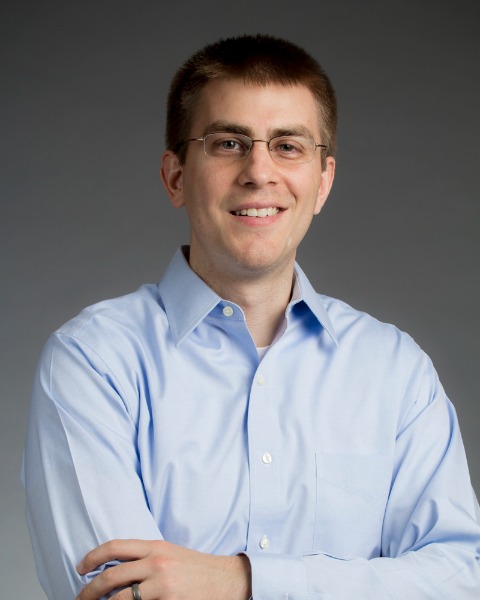Cardiovascular Engineering
Vascular Engineering & Hemocompatibility
Controlled drug delivery for vascular tissue engineering
Friday, October 25, 2024
2:00 PM - 2:30 PM EST
Location: Room 328

Chris A. Bashur, PhD
Associate Professor
Florida Institute of Technology
Melbourne, Florida, United States
Invited Speaker(s)
Introduction: The development of alternative vascular grafts is important to treat patients with a variety of clinical conditions, including blocked coronary arteries in their heart. These are also important as hemodialysis access grafts for patients with kidney failure. Tissue engineering is a promising alternative to overcome the limitations with the current clinical approaches. However, there are still challenges including promoting the rapid formation of a functional endothelium and providing antibacterial properties while still allowing tissue remodeling and integration.
Materials and
Methods: In this talk, Dr. Bashur, will discuss two of the projects in his lab that focus on overcoming concerns that currently limit the generation of viable tissue engineered vascular grafts (TEVGs). These particular projects also include controlled delivery approaches to improve vascular graft endothelialization and viability. This includes investigating methods of controlled delivery of epsin-mimetic UPI peptides to retain vascular endothelial growth factor receptor 2 (VEGFR2) on the surface of the endothelial cells. Another focus will be delivering carbon monoxide (CO) to promote both endothelial cells growth and antibacterial properties.
Results, Conclusions, and Discussions: These strategies have shown promise for local, controlled delivery from grafts, and they have promoted rapid endothelial cell growth both in vitro and in vivo. For the epsin mimetics peptides, this includes a better response than delivery of scrambled control peptides. Other benefits have also been shown in addition to promoting graft endothelialization.
Acknowledgements (Optional): These particular projects were supported through grants from the National Science Foundation (CBET 1510003), the American Heart Association (18AIREA33960390 and 24AIREA1195356), and a Brevard Foundation Medical Research grant.
